One of the Professors of the Faculty of Social and Political Sciences (FISIP) at Universitas Diponegoro (Undip), Professor Bulan Prabawani, S.Sos., M.M., Ph.D., was officially inaugurated on Tuesday, September 5th, at the Prof. Soedarto, SH Building in Tembalang. During her inauguration, Professor Bulan delivered a speech titled “Agroforestry Entrepreneurship as an Alternative for Sustainable Business.”
‘’Business is one of the socioeconomic entities within society that significantly contributes to economic growth, employment, innovation, and social innovation. However, businesses also have a significant impact on environmental degradation,” Professor Bulan stated.
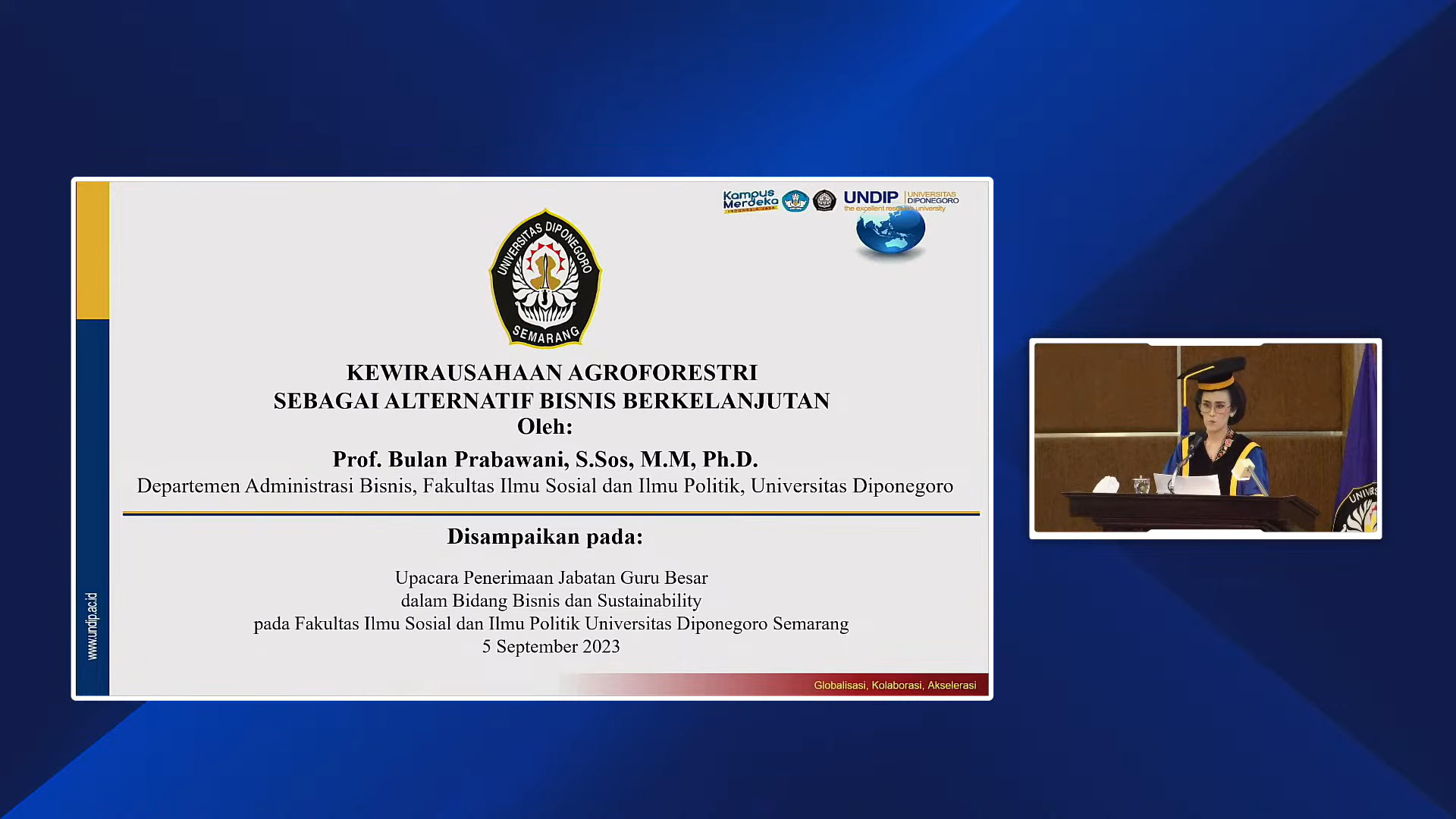
To address this, sustainability is needed, which requires a well-structured system, mechanism, and clear operational methods for both short-term and long-term interests. Agroforestry is a land utilization system that combines woody plants with food crops and even livestock in agricultural landscapes, offering sustainable benefits in the long run. Agroforestry is a form of entrepreneurship based on community-based solutions and is an urgent need, especially in upland areas.
The Magelang and Temanggung regions have implemented agroforestry with a specific type known as agrosilvopastoral, which combines tree cultivation, farming, and livestock. Dominant crops include sengon and suren trees, coffee, vegetables, and fruits, while livestock includes sheep, goats, chickens, and cows. Agroforestry brings long-term economic benefits, enhances soil quality, preserves water quality, biodiversity, and reduces disaster potential. The success of agroforestry simultaneously demonstrates the harmony of the triple bottom line—profit, people, and planet—where economic needs are met without compromising the environment and promoting community well-being.
According to Professor Bulan, businesses focusing on sustainability in the agricultural and forestry sectors have positive impacts by meeting current and future needs. Achieving business sustainability requires the involvement of various stakeholders to reduce human impacts through an interdisciplinary approach. Businesses need to actively transform their management practices to align with the principles of sustainable development. Professor Bulan also highlights the importance of commitment and orientation not only toward economic aspects but also toward sustainability in business.
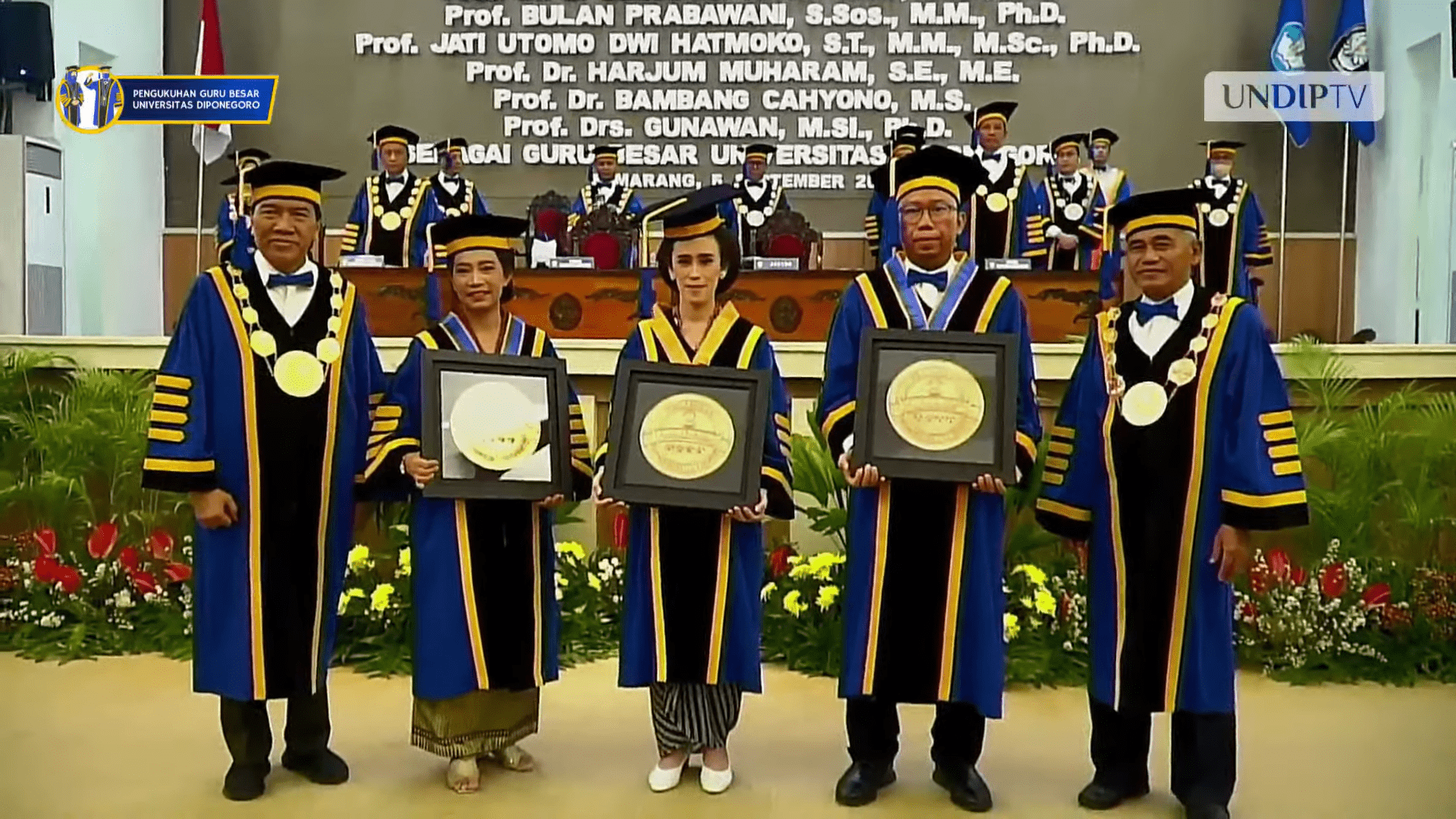

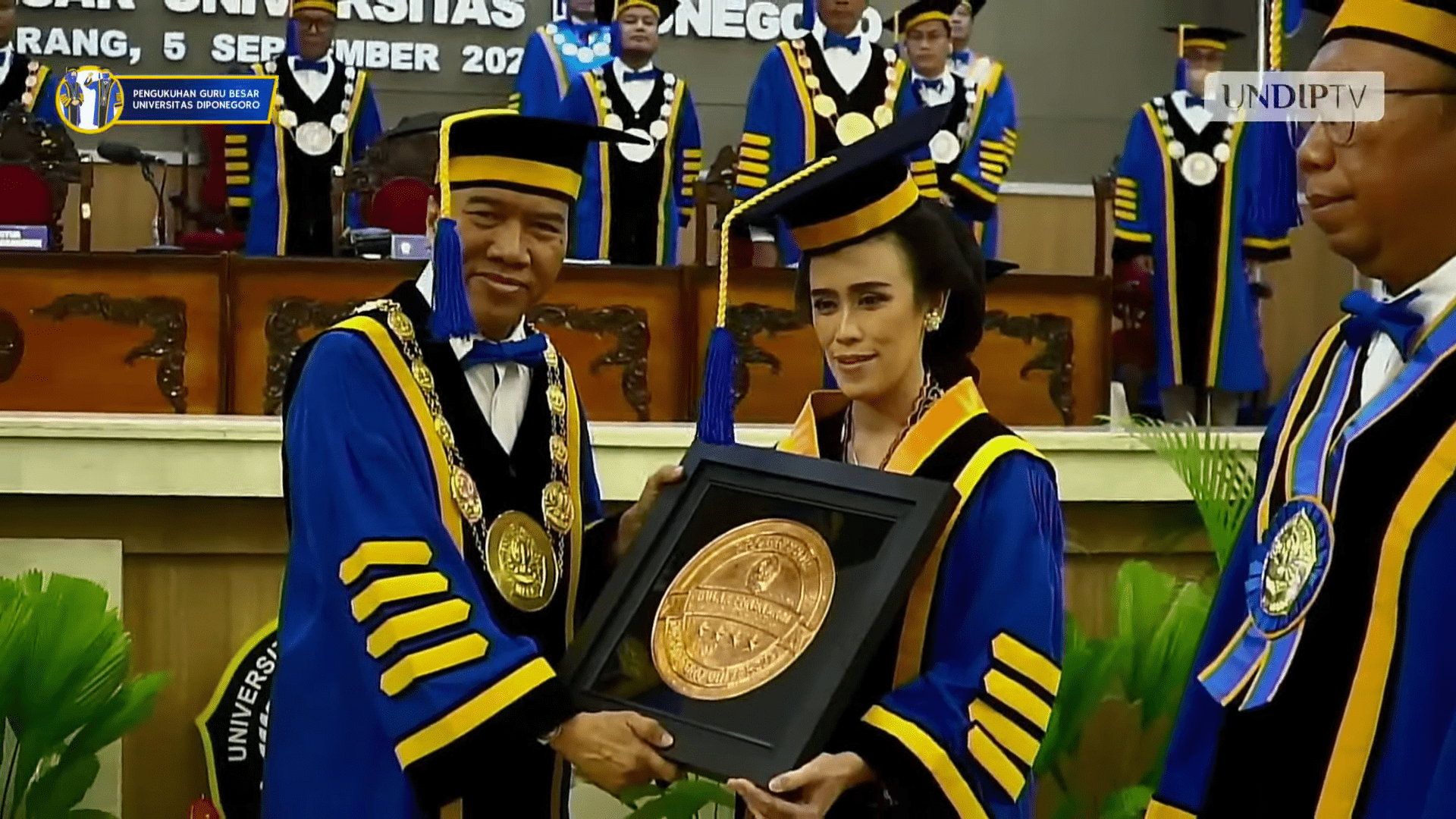
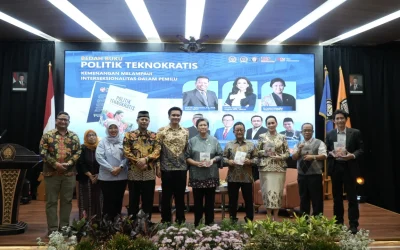

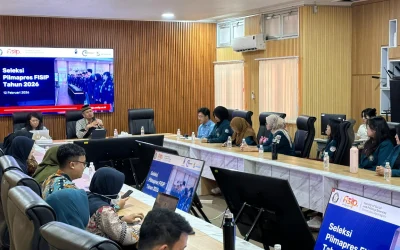
0 Comments